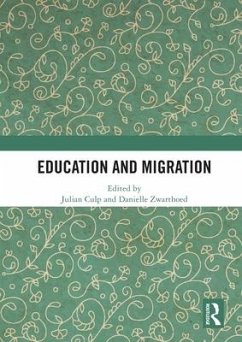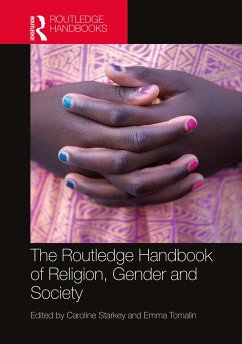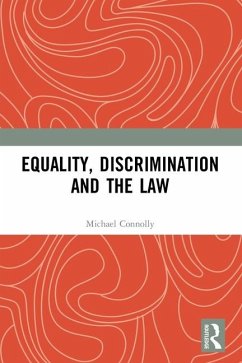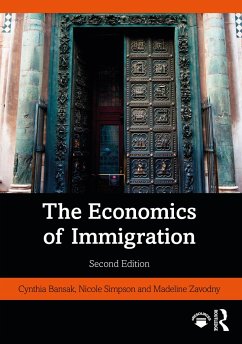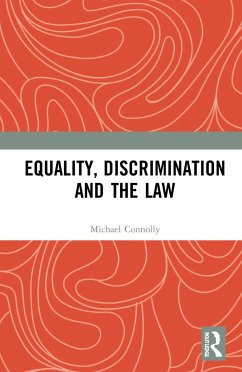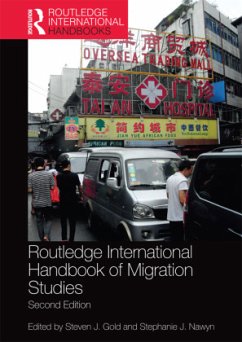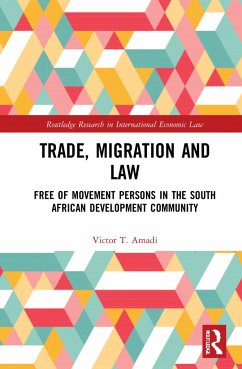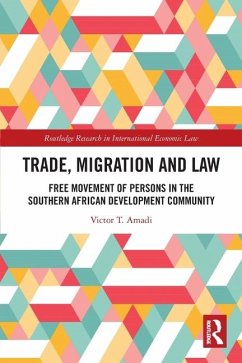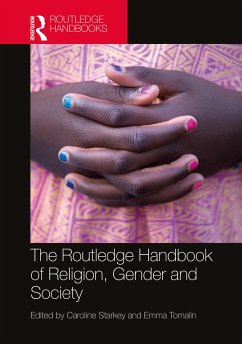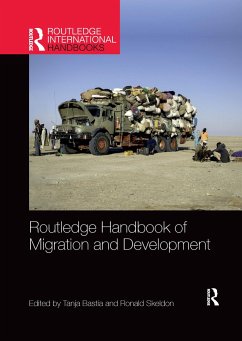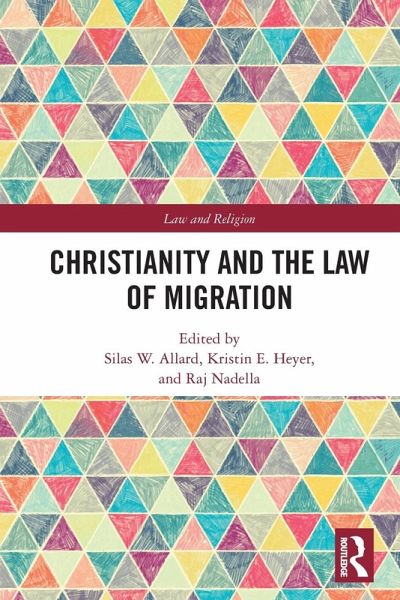
Christianity and the Law of Migration
Versandkostenfrei!
Versandfertig in 6-10 Tagen
45,99 €
inkl. MwSt.

PAYBACK Punkte
23 °P sammeln!
This collection brings together legal scholars and Christian theologians for an interdisciplinary conversation responding to the challenges of global migration.Gathering 14 leading scholars from both law and Christian theology, the book covers legal perspectives, theological perspectives, and key concepts in migration studies. In Part 1, scholars of migration law and policy discuss the legal landscape of migration at both the domestic and international level. In Part 2, Christian theologians, ethicists, and biblical scholars draw on the resources of the Christian tradition to think about migra...
This collection brings together legal scholars and Christian theologians for an interdisciplinary conversation responding to the challenges of global migration.
Gathering 14 leading scholars from both law and Christian theology, the book covers legal perspectives, theological perspectives, and key concepts in migration studies. In Part 1, scholars of migration law and policy discuss the legal landscape of migration at both the domestic and international level. In Part 2, Christian theologians, ethicists, and biblical scholars draw on the resources of the Christian tradition to think about migration. In Part 3, each chapter is co-authored by a scholar of law and a scholar of Christian theology, who bring their respective resources and perspectives into conversation on key themes within migration studies.
The work provides a truly interdisciplinary introduction to the topic of migration for those who are new to the subject; an opportunity for immigration lawyersand legal scholars to engage Christian theology; an opportunity for pastors and Christian theologians to engage law; and new insights on key frameworks for scholars who are already committed to the study of migration.
Gathering 14 leading scholars from both law and Christian theology, the book covers legal perspectives, theological perspectives, and key concepts in migration studies. In Part 1, scholars of migration law and policy discuss the legal landscape of migration at both the domestic and international level. In Part 2, Christian theologians, ethicists, and biblical scholars draw on the resources of the Christian tradition to think about migration. In Part 3, each chapter is co-authored by a scholar of law and a scholar of Christian theology, who bring their respective resources and perspectives into conversation on key themes within migration studies.
The work provides a truly interdisciplinary introduction to the topic of migration for those who are new to the subject; an opportunity for immigration lawyersand legal scholars to engage Christian theology; an opportunity for pastors and Christian theologians to engage law; and new insights on key frameworks for scholars who are already committed to the study of migration.





